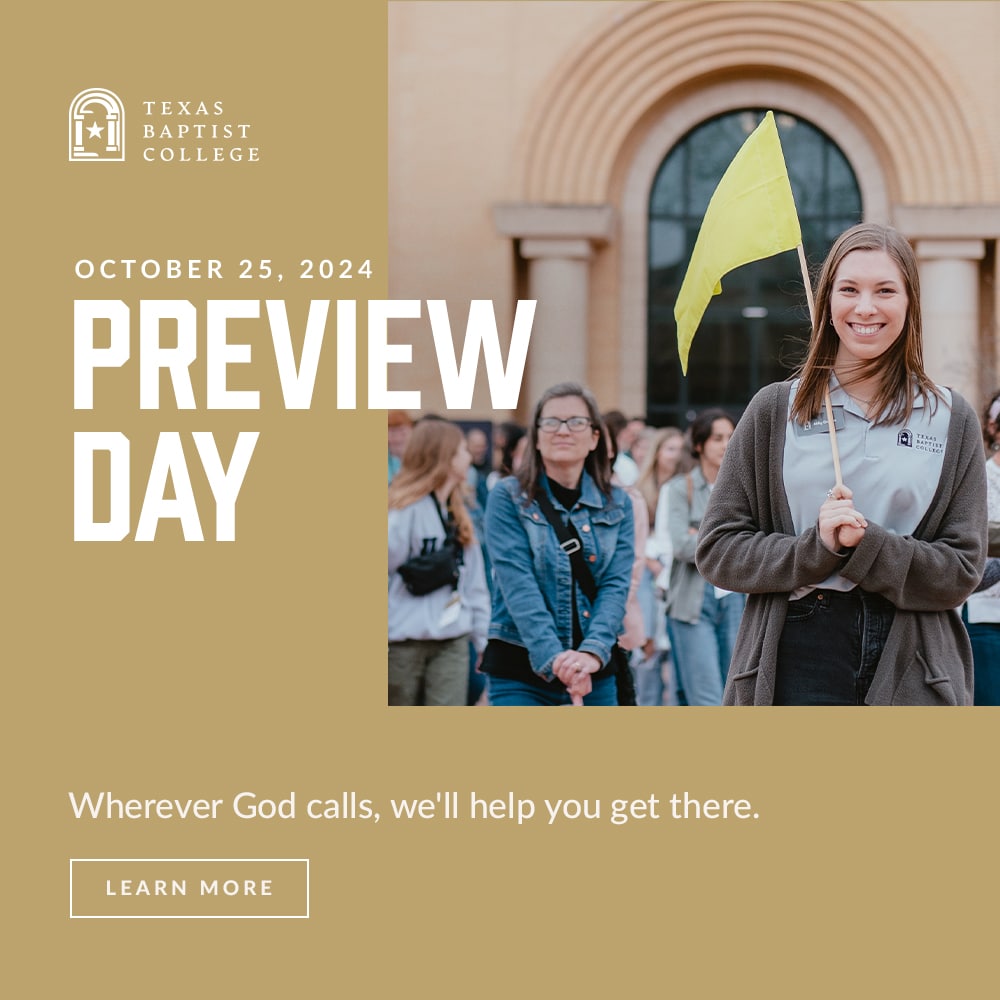Ultralight Homeschooling: Gracious Curriculum

It was slow going as we set off on a new trail, traversing downhill across damp rocks and roots. My daypack was heavier than I had expected; I had double the water that I needed and various odds and ends from previous adventures – fourteen Band-Aids, a beautiful rock, an ankle compression sleeve from an injury two years ago, pencils that I forgot to remove after a nature hike. My approach to packing is, “better safe than sorry.” After all, what if our family of five transcends the rules of mathematics and has fourteen scraped elbows? If so, I’ll be ready. But it all adds up. For now, our family hikes are limited by little legs; a heavy daypack just adds a little more exercise. But for the long haul, an overpacked pack means the difference between the one who can continue and the one who cannot.
As we hiked, I was reminded of Sarah MacKenzie’s backpacking analogy in Teaching with Rest. She recounts her husband’s conversion to ultralight backpacking after grueling trips with a heavy pack. Ultralight backpackers are relentless in their attempts to shed weight from their packs, even to fractions of an ounce; he went so far as to remove the handle of his toothbrush. Homeschooling is the same. An overpacked “I might want this” approach to curricula might be manageable for a little while, but it eventually becomes unsustainable.
In preparation for a new school year, I set out to tidy our homeschool shelves, an enlightening experience. There were three biographies I planned to read last year though there was no corresponding time in the schedule. There was a book of art projects that veered too much into the realm of crafts for me to ever follow through. There were two different sets of phonogram cards from different curricula and an auxiliary Latin reader that I can’t use because I don’t know Latin well enough…
Why so much? Sometimes, the motivation to do too much is anxiety: worries about a particular child, feeling inadequate in a subject area, worrying about what everyone else is doing, or the fear that it is all “not enough.” Sometimes the motivation to do too much is interest: joy in learning, the desire to explore new things, excitement about newly released curriculum, or wondering how in the world to cut books from the list. Sometimes the motivation is mixed. But too much is too much. An ultralight approach to homeschooling means saying no to a lot of good things. But the focused and determined effort to shed every unnecessary ounce can unlock the grace of classical pedagogy.
A core principle of classical education is multum non multa – much, not many. Study a few things deeply rather than many things superficially. If education is to teach us to love what we ought, loving the right thing requires depth that comes from sustained attention on one thing. Take literature, for example. Blazing through a stack of books looks impressive. It feels like you are doing hard work and learning a lot. But it is better to have a small stack of books that you read carefully and discuss thoughtfully. Keep a commonplace journal. Use these books for written narrations or the “should” questions for Lost Tools of Writing. If there is a list of literature selections that you are trying to “cover” or “get through,” the list is too long.
Too many books is only part of the problem. Underneath it all is the impulse to teach how we have been taught – to fragment knowledge into manageable, unnatural little bits called “subjects.” Once we begin dividing these up, each seems to be “not enough.” We look for more curriculum and shelves quickly become bloated with materials that we cannot or should not use. If we instead think of arts or skills rather than subjects, it is easier to approach knowable things as wholes that can be known deeply and well.
I recently discovered The Harp and Laurel Wreath, a collection of memory and dictation passages compiled byLaura Berquist. In the introduction, she gives an elucidating description of the mimetic process of studied dictation. Dictation models good writing and sharpens the powers of memory and observation while teaching grammar, spelling, and composition. Adding in selected passages from a students’ commonplace book adds an additional layer of depth and skill. Using prepared dictation to model types, practice, and discuss is a powerful tool to preserve the integration of what could be broken up into subjects of penmanship, grammar[1], spelling, writing, and literature. When left together, they retain their integrity as the liberal art of grammar, the art of being at home in language.
This year, I planned differently. Between a new co-op arrangement and the addition of several classes in an online academy, our schedule changed significantly. Rather than planning Latin or phonics and plugging it into the schedule, I looked at the chunks of time that we actually have and contemplated the whole: What does this child need to be at home in language? Does what I am considering accomplish this? What is the best use of this time? There is a formidable list of things that I considered but decided against. Many of these things were very good, but not worth sacrificing the principle of prioritizing depth.
Before the final hike of our trip to the Smokies I cleaned out my pack. I filled my water bladder (a plastic reservoir that fits in a backpack) only half full, packed a few snacks and little else. This trail too was new, down the opposing side of the same summit. Turns out that a liter of water weighs more than I realized, and my pack was several pounds lighter that day. I have unusually clear memories of that hike—the stunning visibility of mountains receding in the distance, the unique diversity of trees and the way that the light played on their leaves. The last three quarters of a mile was a demanding ascent; my husband lagged behind with my injured son, and my daughter decided she would move no further. Her revolt was fair; we had asked a lot of her seven-year-old legs. She consented to continue if I held her hand. The trail was too narrow to walk abreast, so this meant that I went ahead, arm behind me awkwardly, pulling her up the trail. Had I not emptied my pack, it would have been a miserable ending to an otherwise lovely day. Instead, I was able to cheerfully help her to do a hard thing, moved by the lightness of grace.
[1] The modern subject “grammar” rather than the liberal art
Rachel Woodham
Rachel Woodham has a BA in Russian Language and Literature and is a graduate student of Great Books at Harrison Middleton University. A classical educator for the last decade, she now homeschools her three all-time favorite students.










